ARTICLES > LIFE STORIES
AN AUSSIE TEEN ON GROWING UP GLUTEN FREE
Diagnosed with coeliac disease at seven and now a teen entrepreneur, Isaac Tulemija shares how he handles everything from school to parties.
Since Isaac Tulemija was diagnosed with coeliac disease at seven years old, he’s been an enthusiastic advocate for gluten-free living. At just nine, he created Gluten Free by Isaac, the first gluten-free baking business in his hometown of Geelong, Victoria. Just one taste of Isaac’s scrumptious donuts, wagon wheels and pretzels proves that gluten-free food is both exciting and delicious.
As Isaac and his family have adjusted to living with coeliac disease, his mum Michelle, dad Zelko and younger sister Lila all embrace a gluten-free life, and can often be found in the kitchen. “Cooking is a real family affair for us,” says Michelle. Now 15, Isaac is enjoying high school and he’s full of handy advice and support for other young people and their parents adapting to a coeliac disease diagnosis. Here, our youth ambassador and his mum Michelle share what they’ve learned along the way.
IN THE BEGINING
Isaac: I think the hardest thing when I was first diagnosed was not being able to eat some foods, especially at places that didn’t cater for dietary needs. I loved chocolate scones from Baker’s Delight, and sadly haven’t had one since I was seven. I also couldn’t eat my usual favourites at places like McDonald’s.
Michelle: In the earlier days of Isaac’s diagnosis, I used to worry about him missing out on food at birthday parties, school camps, family dinners and dining out. Initially it was a little overwhelming, but it gets easier. You find your safe places to eat and a great support community. My best advice as a parent is to educate others when you can and always have food ready to go if needed. I also advise teaching your child to advocate for themselves, as parents can’t always be around. Talk to family members, teachers, canteen staff, and let them know how important it is to take coeliac disease seriously. Coeliac Australia also has great support and resources.
HELPING PEOPLE UNDERSTAND
Isaac: The best way you can let your friends know how to help is to be completely honest about how coeliac disease affects you. Most people think coeliac disease is an allergy rather than an autoimmune disease. I spend a lot of time explaining the difference between the two, but I do tell them that you treat coeliac disease similarly to an allergy – that gluten must be avoided for life and even a small amount can make me very sick.
Michelle: I was active in educating family and friends about coeliac disease and simple ways to cater for Isaac’s dietary needs. I always had back-up food and snacks when out, or sent them along with Isaac for play dates or sleepovers. Before too long, friends and family would text beforehand to see what they could offer Isaac to eat.
I’d say my biggest gripe is some experiences when eating out. For example, when I ask if a menu item is gluten free and the reply is: ‘it has no milk in it’. or ‘a little bit won’t hurt.’ I also find it extremely frustrating when venues advertise gluten-free items on their menu, but then you discover they cook gluten-free and wheat pasta in the same pot of water. While I’ve seen improvement, there is still a lot of work to be done for gluten-free to be taken seriously.
GOING OUT GLUTEN FREE
Isaac: I have my go-to places in Geelong where I can eat without worrying about cross contact. My mates have always considered my dietary needs when selecting somewhere to eat. Sometimes I eat before going out in case there’s nothing I like, and know I can go into any supermarket and buy something if needed. I’ve also found that as I’ve gotten older, I enjoy a wider range of foods like salad and steak, so I can more easily be catered for. Eating out when I was younger, I’d usually stick to things like plain gluten-free pasta with cheese while all my friends enjoyed fun kids’ meals like chips and nuggets.
I won’t lie: that was tough, but I got over it pretty quickly. At the movies, I usually eat something before I go, and still order popcorn at my local cinema. For birthday parties, when I was younger, Mum would always call ahead and let them know I had coeliac disease and see what foods she could substitute and send along. Mum would also always prepare a lunchbox for me with party food in case I didn’t feel comfortable eating the food at a party.
For catch-ups and sleepovers, I always took food with me. Mum would always have frozen containers of meals I could take and reheat if needed (such as lasagne, pasta, or schnitzel). She also had a crate with a toaster, cutting board, knife, cereal, bread, and butter for me to take on sleepovers. I’m very lucky that my friends and their families have been so supportive in ensuring they always have suitable food for me to eat. My mate Harry even prefers gluten-free pasta to wheat pasta these days!
Michelle: As time went on, friends got used to having gluten-free food in their pantries and fridge and would always communicate about what they could get for Isaac. This certainly made life easier. Even now he’s a teen, I always suggest to Isaac he take food with him ‘in case’ it is needed. For birthday parties, I’d usually find out what type of cake was being served, and I’d send along a muffin or slice with Isaac and some party food. As time went on, many of my friends made sure the birthday cake was gluten free or that another one was available. I certainly am blessed that my friends and family were so understanding and willing to cater for Isaac’s dietary needs.
SCHOOL DAYS
Isaac: I mostly make my own lunch and take it to school. Our canteen does have gluten-free options. I take a lot of leftover meals in a thermos (pasta, rice, curry, lasagne or soup) and always keep non-perishable snacks in my locker at school (such as gluten-free Tiny Teddy biscuits, rice crackers, rice cakes or potato chips) for those days I am still hungry or get caught out. In primary school, I would give my teacher a jar of gluten-free treats to substitute when there were birthday treats, or Mum would send along a muffin or slice when someone brought cupcakes.
Michelle: Isaac’s school does cater for his dietary requirements and has been inclusive when having special lunch days such as sausage sizzles and in the curriculum for food tech. He has an area where he can safely prepare and cook food. I know it’s not the case everywhere, so my best advice it to advocate for your child if need be. Communicate with classroom teachers or in high school, homeroom teachers and coordinators. The more that they know, the better chance you have at receiving support.
THE BRIGHT SIDE
Isaac: I was only seven at the start and I did miss some foods, but I learned to accept that I could no longer eat them, and either found substitutes or just moved on. I missed donuts a lot, so I decided to do something about that and created my own gluten-free business. There are always positives from negative situations and I’ve learned to try and find those positives and carry on. There are so many gluten-free options out there now and I feel fortunate to have them. I imagine having coeliac disease might have been much more difficult in the past, but has improved over time.
Michelle: When your child is first diagnosed, it can be completely overwhelming and hard to know where to start. I highly recommend joining Coeliac Australia and downloading their app to your device. I also advise learning to read labels, as many foods are naturally gluten free and others are gluten-free by ingredient (they are just not labelled ‘gluten free’ on the packaging). Another important thing: take it one day at a time. Sometimes you will get it wrong and you learn from these mistakes. Eventually it just becomes second nature and you’ll be a whizz in no time! Lastly, educate your family and friends about coeliac disease and the need for a strict gluten-free diet for your child. Don’t be disheartened if they don’t support you right away – it’s a process for some people.
ISSAC'S TOP 5 TIPS
- Join Coeliac Australia and download their app.
- Learn to read ingredient lists yourself and use the Coeliac Australia app to help you if in doubt.
- Talk to your friends about your diagnosis and your diet and ask for their support. Educate them, as they will likely know very little about coeliac disease.
- If eating out, call ahead and ask questions that reassure you that their food is okay to eat. Ask for the person’s name when you speak to them too. Then when you arrive, re-ask the questions before ordering, to be sure. If in doubt, don’t eat what you’re not sure about. You will soon develop a list of go-to venues.
- DON’T be tempted to cheat and have a bit of gluten every now and again. You can’t see the damage this could do internally and it can also make you very sick.
READ THIS NEXT
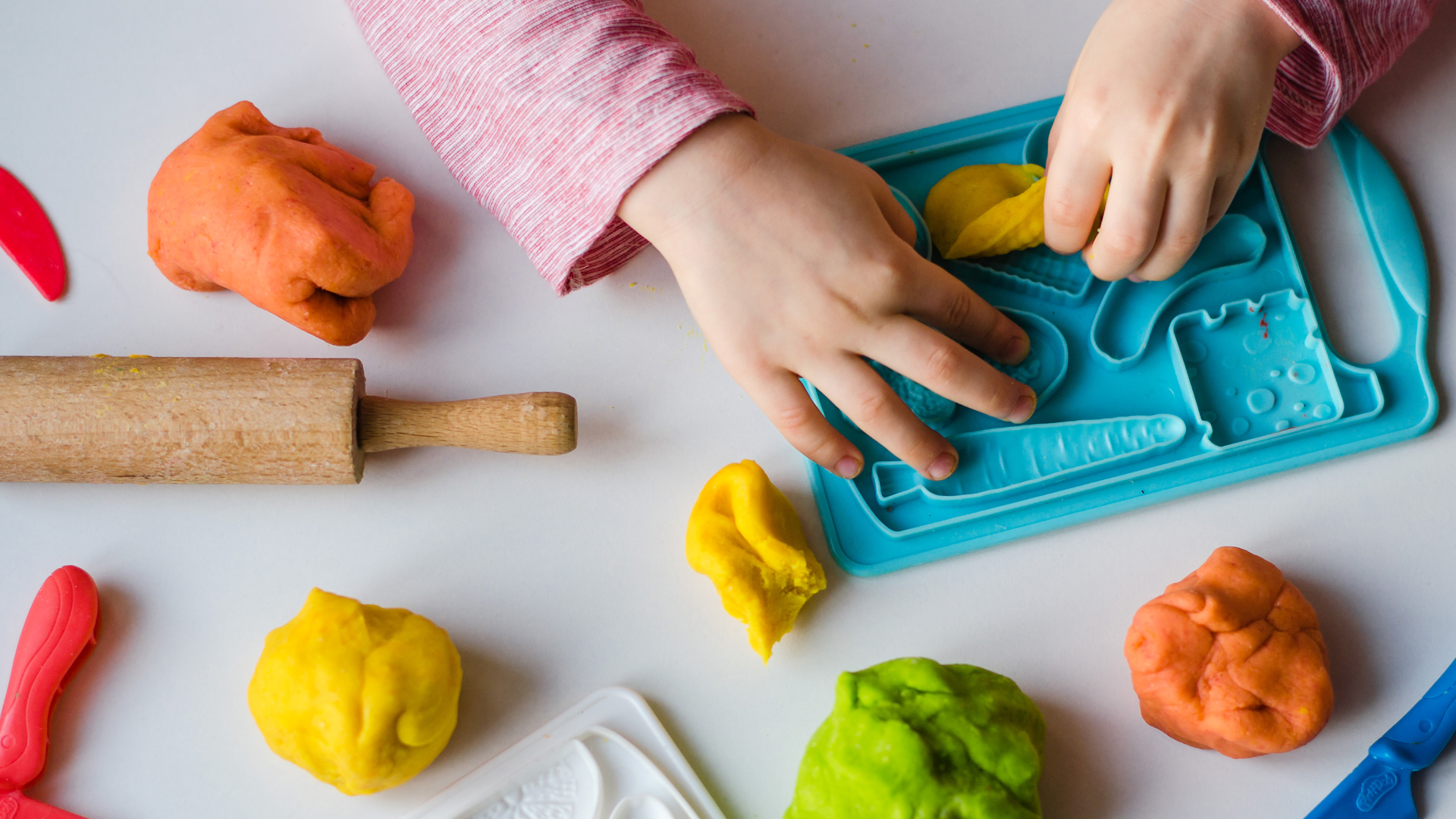
GLUTEN-FREE PLAYDOUGH
Our super simple gluten-free playdough recipe is one of our fave and affordable ways to provide hours of fun for the little ones.
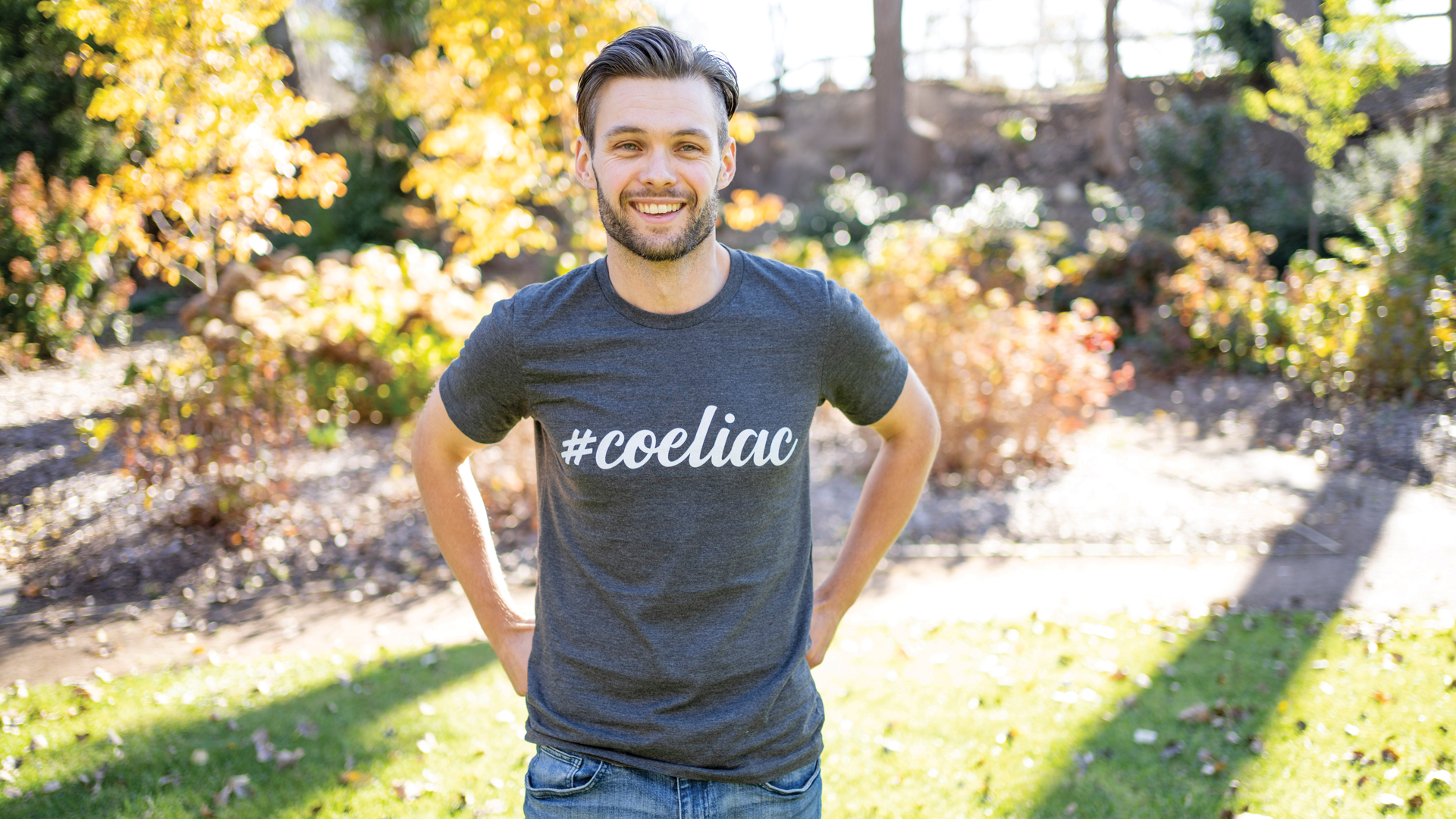
HOW I LEARNED TO LISTEN TO MY GUT
In the first of our coeliac disease stories, podcaster Ben Hampton shares the journey of his coeliac disease diagnosis, the surprise of developing an autoimmune condition despite a healthy lifestyle and the need for men to be proactive in seeking help.

ARE MY SUPPLEMENTS GLUTEN FREE?
Can you still have your supplements if you have coeliac disease? Accredited Practising Dietitian and health expert with Coeliac Australia Penny Dellsperger shares her advice.
See more





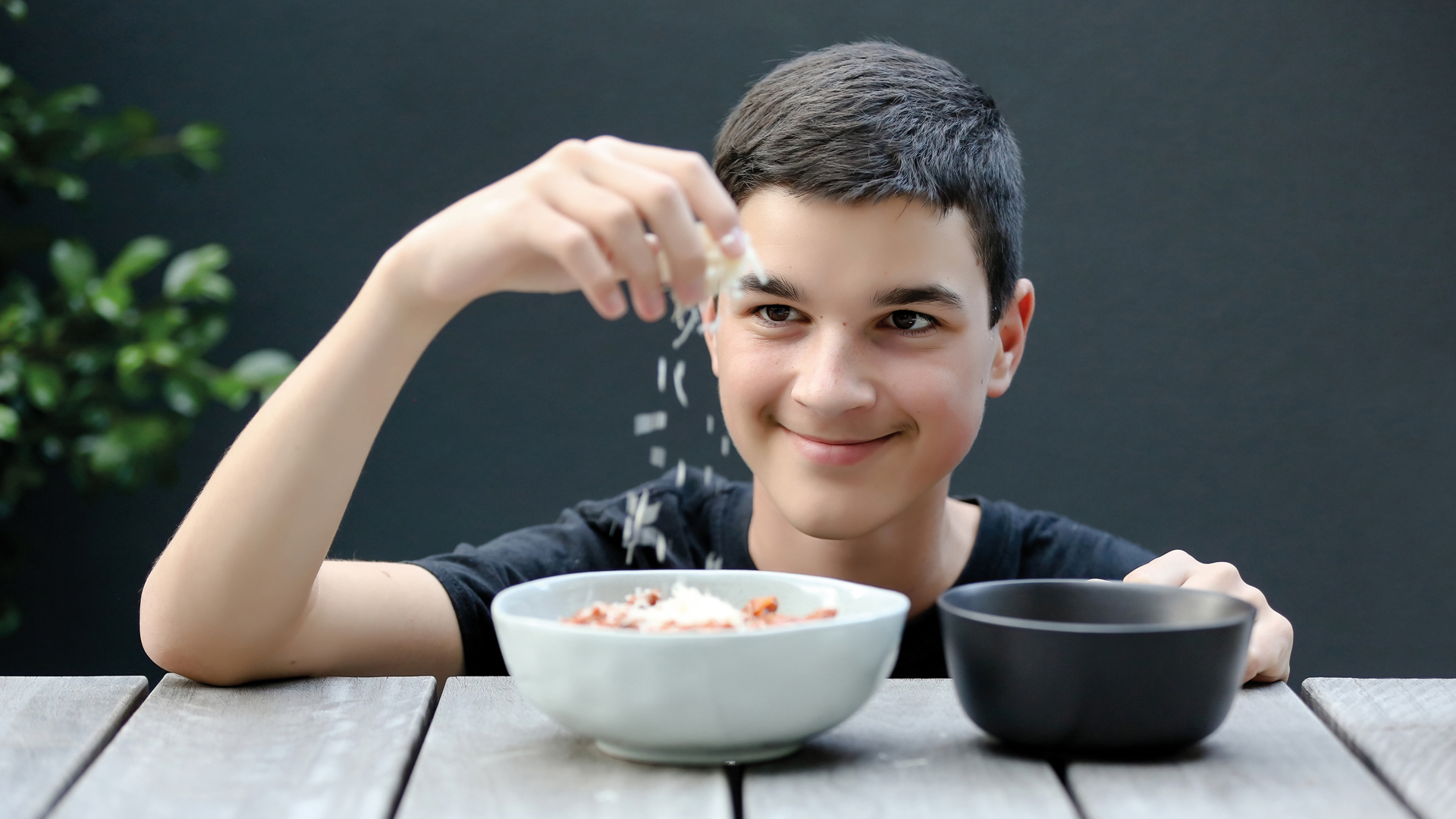

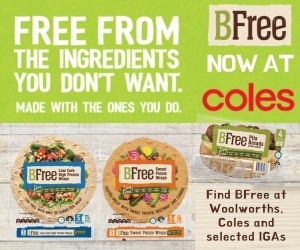


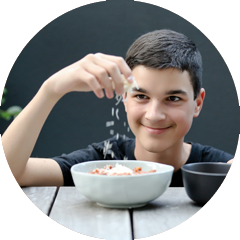




0 Comments